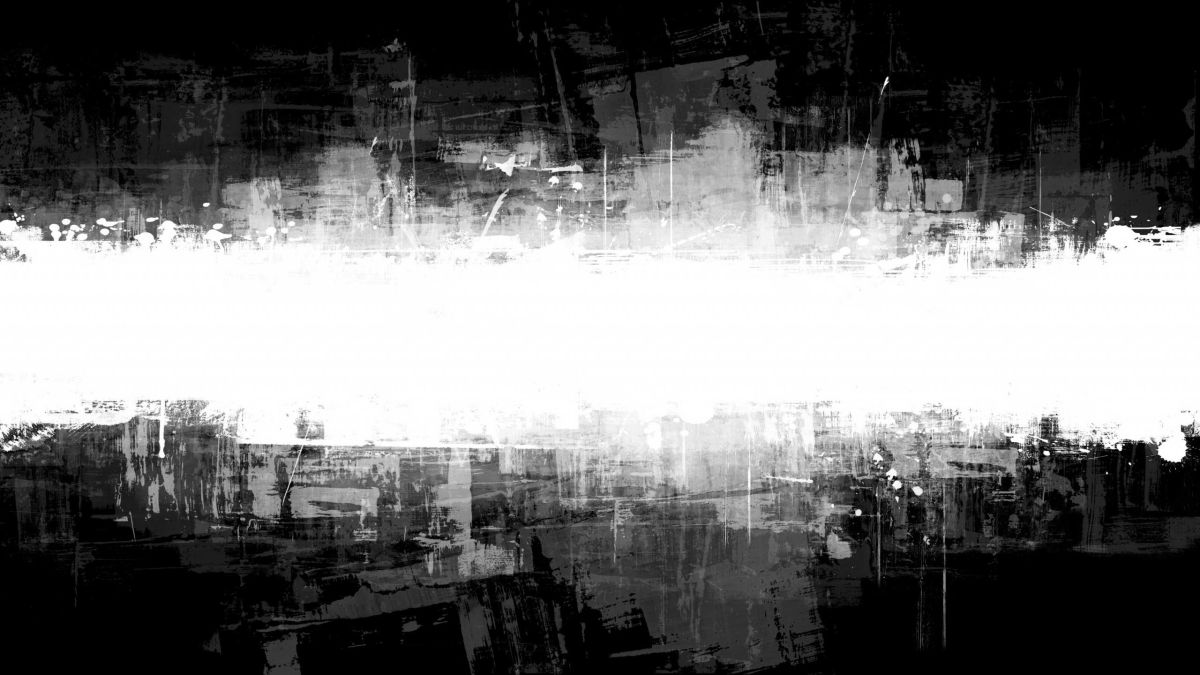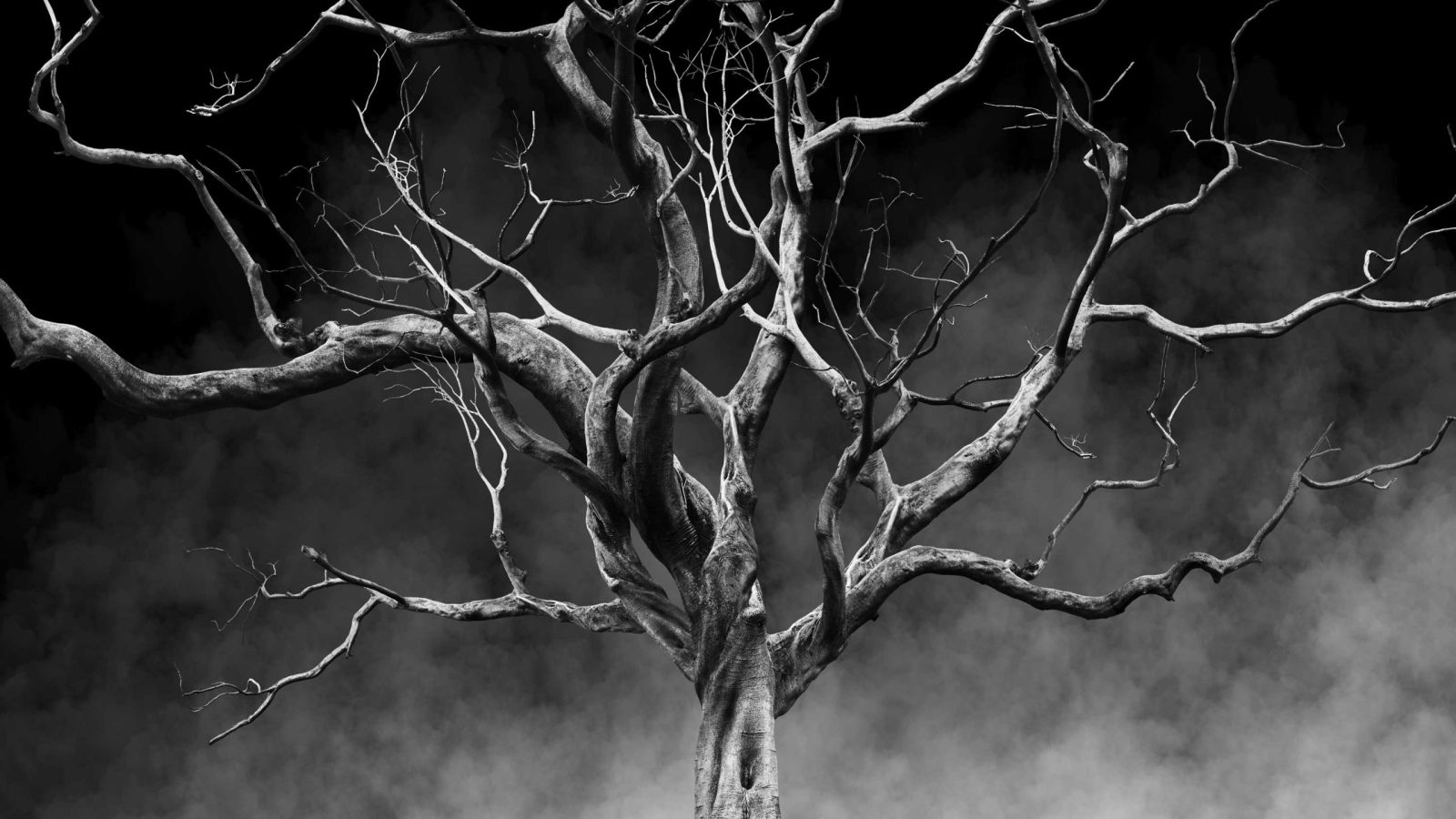The Purifying Nature of the Fire and the Divisions of Mankind On the Day of Judgement
Imām Ibn al-Qayyim


Allāh says:
وَأَقْسَمُوا بِاللَّهِ جَهْدَ أَيْمَانِهِمْ ۙ لَا يَبْعَثُ اللَّهُ مَن يَمُوتُ ۚ بَلَىٰ وَعْدًا عَلَيْهِ حَقًّا وَلَٰكِنَّ أَكْثَرَ النَّاسِ لَا يَعْلَمُونَ ﴿٣٨﴾ لِيُبَيِّنَ لَهُمُ الَّذِي يَخْتَلِفُونَ فِيهِ وَلِيَعْلَمَ الَّذِينَ كَفَرُوا أَنَّهُمْ كَانُوا كَاذِبِينَ ﴿٣٩﴾
‘And they swear by Allah their strongest oaths [that] Allāh will not resurrect one who dies. But yes – [it is] a true promise [binding] upon Him, but most of the people do not know. [It is] so He will make clear to them [the truth of] that wherein they differ and so those who have disbelieved may know that they were liars.’
[al-Nahl, 16:38-39]
Imām Ibn Al-Qayyim [d. 751 AH] comments:
The intent behind these verses is that Allāh, the Exalted, the Most High, has placed happiness and sadness in specific places, for which they are known.
The Nature of the Good Soul
Happy, righteous, [individuals] engage in nought but goodness, find nothing else appropriate [for their disposition]. They carry out only actions of goodness, producing only good, and clothing themselves in only goodness.
The Nature of the Wretched Soul
Just as sadness and detestable obscenity is appropriate only for its own horrid ilk. Thus, [they do not] hasten except towards that which is obscene and they produce only it.
For the detestable ones’ heart cleaves, its horrid nature spreads to the tongue and the limbs. Just as the heart of the people of goodness cleaves, spreading that goodness to their tongue and limbs.
The Soul that Contains Goodness and Wretchedness
There may also be within a person both qualities.
Whichever is able to overcome the other, he will be from among its people. If Allāh wants good for him, He will purify his heart from its detestable matter before his demise such that he is resurrected on the Day of Reckoning in a purified state.
Hence, he does not require purification by Fire. Rather, he is purified from it by means of guidance towards sincere repentance, or by good deeds which erase whatever [evil] has transpired, or by expiating catastrophes that befell him, so that he may meet Allāh free of sin.
[Allāh may also] choose to prevent another from these articles of purification. Thus, he meets Him on the Day of Reckoning in the possession of a detestable element, along with his goodness. However, the Wisdom of the Most High objects that any should cohabitate with Him while in the possession of the elements of his detestable nature. So He will enter him into the Fire to purify him, as a means of removing that which has polluted him, to smelt [his sin] as one does to produce pure metal. If the shining ingot of his īmān is finally free from that which has contaminated it, he then becomes suited to exist beside Him [Allāh], and his fellow cohabitants of goodness from among His slaves. The length of residence in the fire for this substrata of mankind will be proportional to the rapidity and slowness of the removal of their pollutants. The quickest among them in the removal of this contaminant will be the quickest in removal [from the Fire], just as the slowest in removal of this contaminant will be the slowest in removal from [from the Fire]. A befitting recompense (according to the nature of their crimes). And your Lord is not an opressor of His slaves.
The Status of the Polytheists on the Day of Judgement
As for the polytheist, he is a detestable kind, his very being is contaminated. The Fire cannot purify his horrid nature. Rather, should he be removed from it, he will return to his detestable ways just as he originally entered it like a dog who enters the ocean and comes out from it. Thus does Allāh make Paradise forever ḥarām for the polytheist.
Just as the believer is pure and purifies others and is thus innocent from contaminants, the Fire is ḥarām for him. For he contains nothing that requires purification. So glory be to the One whose Wisdom overwhelms the intellects and minds of men who have understanding! For His slaves who possess undisturbed dispositions and intellects testify that He is the most just of all judges, the Lord of everything in existence, there is nothing to be worshipped in truth except for Him.
Source: Al-Majmūʿ al-Qayyim: 604-605
Translated by: Riyāḍ Al-Kanadī

















